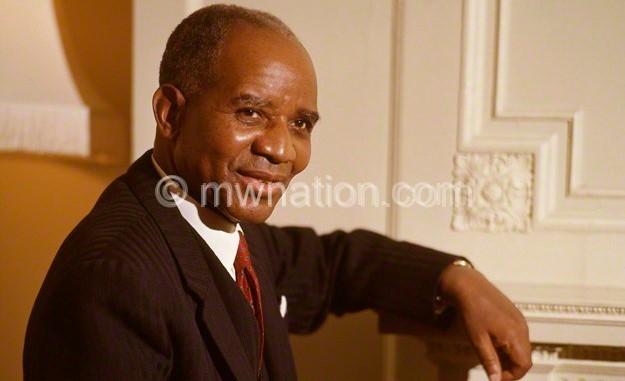Vision necessary for development
It must be understood that development starts at a local level before it shows at the national level. For development to happen, there must be some implementable vision by leaders at all levels. As such, leaders must be prepared to have some vision.
It is a well-known fact that during elections aspiring members of Parliament (MPs) and councillors are elected based on what they promise to offer voters.
Of course, they do not necessarily have special gifting although they try to show that they have monopoly of wisdom.
Some people believe them and offer them front seats at functions, including church services.
As if the front seat is not enough, they give them an opportunity to address people. In so doing, some expose their ignorance. It is obvious some people go into leadership positions to get money without necessarily working for it.
Our councillors seem to have no clear vision on how they can use public funds to develop their wards. As expected, they complain that money is not enough. What is usually seen is that money ends up being wasted at the council level with no tangible development on the ground.
Our councils, too, seem to find it hard to deliver quality services to residents. For example, trash bins are rarely collected in residential and the central business areas. Street vending has become a norm as councils watch vendors doing business on the streets. They try to chase them, but to no avail.
The councils should accept their failure and consult other people, including vendors themselves, to end street vending. Off the cuff, the answer seems to be contact and dialogue.
Anything about vendors should involve vendors themselves. It is naïve to think that just building a market would make vendors ply their trade in the markets.
Honestly, we need to review the quality of councillors we elect. This idea of just putting anyone on the position will not help the councils.
In Zambia, only those with knowledge and who own property in towns or cities contest for councillorship. This is because councillors should understand basic things such as the implication of raising city and town rates.
In Malawi, some councillors live in rented houses. So, how can they meaningfully deliberate on issues happening in wards? With all due respect, the quality of our councillors leaves a lot to be desired.
It goes without saying that Malawi needs participatory development. Some think only President Lazarus Chakwera and Vice-President Saulos Chilima should develop this country. The vision of the presidency to develop this country depends on the willingness, participation and collaboration of the citizenry.
We have had governments with visions in the past, but they did not achieve much because wrong people were engaged to deliver the vision.
For example, the Democratic Progressive Party (DPP) administration engaged youth cadets. Unfortunately, the cadets had misconceptions about Peter Mutharika’s vision and the DPP development agenda for this country.
They could not translate the vision into development. As a result, DPP failed to develop Malawi.
The quality of our parliamentary debates also needs to be reviewed. People are sick and tired of monotonous questions. Some MPs go to Parliament just to ask for roads, bridges and school blocks. But there is more to being a legislator than just making requests.
They can easily get answers to issues they raise outside Parliament and use the House for more productive business. This also applies to Cabinet ministers. They should not always appear to be in a hurry, but they should understand what is happening in their ministries.
It is important that we all understand the vision of this country to participate in its development agenda.


